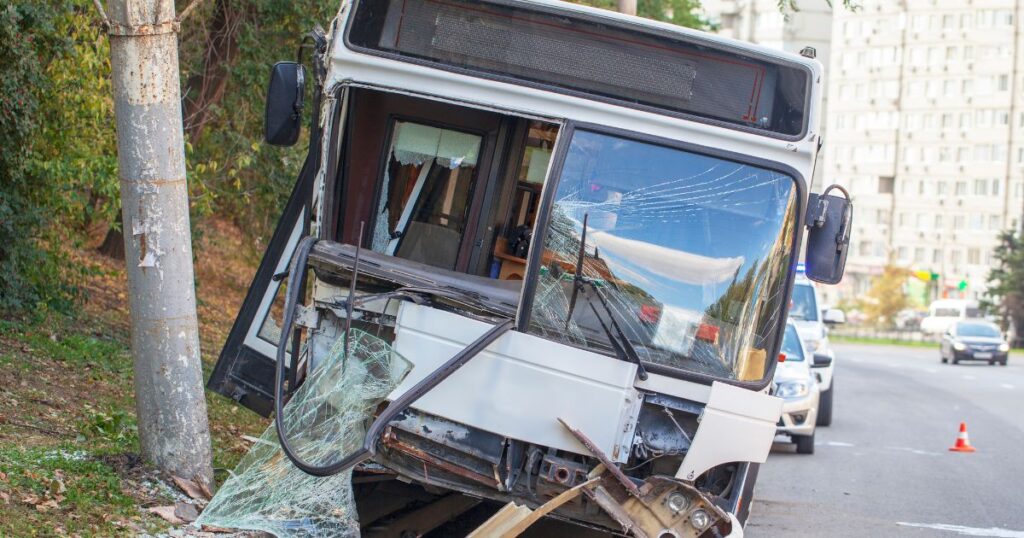
Being involved in a rideshare accident can be an overwhelming experience, especially when considering the financial implications. While passengers often assume they are covered by the rideshare company’s insurance, the reality is more complex. From medical expenses to lost wages and potential legal fees, the hidden costs of such an accident can add up quickly. This article will explore the various financial impacts a passenger may face after a rideshare accident and how insurance policies are crucial in determining who is responsible for covering these expenses.
Immediate Medical Expenses
One of the most immediate financial concerns after a rideshare accident is the cost of medical care. If you’re injured in the accident, you may need medical attention, ranging from emergency room visits to ongoing treatments like physical therapy. Even minor injuries can result in significant medical bills, and while rideshare companies often provide insurance coverage, understanding how that coverage applies can be tricky.
Rideshare companies typically carry liability insurance for their drivers, but whether this insurance applies to your situation depends on several factors, such as the driver’s status at the time of the accident. If the driver was logged into the rideshare app and actively transported a passenger, the company’s insurance might cover the medical expenses. However, if the driver was not logged into the app or the rideshare company’s insurance doesn’t fully cover the claim, you might have to rely on your own health insurance or even pay out of pocket for certain treatments.
Additionally, some health insurance plans may not fully cover the types of medical expenses incurred in an accident, leaving you with co-pays, deductibles, and other costs. Understanding the scope of your health insurance is essential for minimizing financial strain after an accident.
Lost Wages and Income
Another significant financial burden passengers may face after a rideshare accident is lost wages or income due to injuries. Depending on the severity of your injuries, you may need time off work to recover, which can result in missed paychecks. For those who rely on hourly wages or freelance work, the impact of lost income can be even more substantial.
Rideshare companies generally provide some form of insurance that may include compensation for lost wages in specific circumstances. However, there may be limits to this compensation, and the process of filing claims can take time. If your lost wages aren’t covered by the rideshare company’s insurance or if the amount provided is insufficient, you may be left with financial gaps.
In some cases, disability insurance through your employer or a private policy may cover part of your lost wages, but it’s important to note that such policies often have waiting periods before benefits are paid out. During this time, you may have to rely on savings or other financial resources to cover your living expenses.
Long-Term Medical Costs and Rehabilitation
In addition to immediate medical expenses, rideshare accident injuries can lead to long-term medical costs, especially if rehabilitation is required. Physical therapy, chiropractic care, and even ongoing mental health support are common after an accident. These treatments may be necessary for months or even years, depending on the extent of your injuries.
Insurance provided by the rideshare company may cover some of these long-term costs, but again, the details of the coverage can vary. For example, the company’s insurance might cover a portion of your medical bills, but you could still be responsible for deductibles, co-pays, or treatments not covered by your policy. It’s essential to carefully review both your health insurance and the rideshare company’s insurance policy to understand what is covered and what isn’t.
The financial burden of long-term care can be significant, and many passengers may not anticipate these ongoing costs when initially dealing with an accident. Planning ahead by exploring payment plans with medical providers or reviewing supplemental insurance options can help alleviate the stress of unexpected expenses.
Legal Fees and Insurance Disputes
When dealing with the aftermath of a rideshare accident, it’s not uncommon for passengers to face legal complexities. Insurance companies may dispute liability, and there could be disagreements about who should cover the costs of your injuries. If you decide to pursue compensation for your damages, you may need legal representation, which comes with its own set of costs.
Legal fees can quickly add up, particularly if the case becomes drawn out or requires extensive negotiations with the insurance companies involved. While some attorneys work on a contingency basis, meaning they only get paid if you win the case, you may still be responsible for other legal costs like court fees or expert testimony. These expenses can further strain your finances at a time when you’re already dealing with medical bills and lost wages.
In some cases, the rideshare company’s insurance may offer a settlement to cover your expenses, but the amount may not fully compensate you for all the costs you’ve incurred. Seeking legal guidance from a Michigan car accident lawyer can help you navigate these disputes, but the process may take time, and the financial impact can linger for months or even years.
Insurance Gaps and Out-of-Pocket Costs
Even with insurance coverage from both the rideshare company and your own health insurance, there may still be financial gaps that leave you with out-of-pocket costs. These could include deductibles, treatments not fully covered by insurance, and even expenses related to transportation or childcare while you recover from your injuries.
Out-of-pocket costs can be difficult to predict, and they can accumulate quickly. For example, if you require ongoing therapy or medication, these expenses may not be fully covered by insurance, leaving you to shoulder the additional financial burden. It’s important to carefully track all of your medical expenses and keep receipts for any out-of-pocket costs, as this documentation may be useful if you decide to pursue further compensation.
Emotional and Financial Stress
Finally, it’s essential to acknowledge the emotional and financial stress that comes with being involved in a rideshare accident. The uncertainty of dealing with insurance claims, the fear of unexpected costs, and the potential for long-term financial strain can take a toll on your mental health.
It’s important to stay organized and proactive when navigating the financial impact of an accident. Keeping detailed records of all expenses, understanding your insurance policies, and seeking professional guidance when needed can help reduce the stress and ensure that you’re adequately compensated for your losses.
Being involved in a rideshare accident can lead to a range of financial impacts, from immediate medical expenses to long-term costs like lost wages and rehabilitation. While insurance may cover some of these expenses, it’s crucial to understand the details of your coverage and anticipate potential out-of-pocket costs. By staying informed and prepared, you can better navigate the financial aftermath of a rideshare accident and focus on your recovery.












